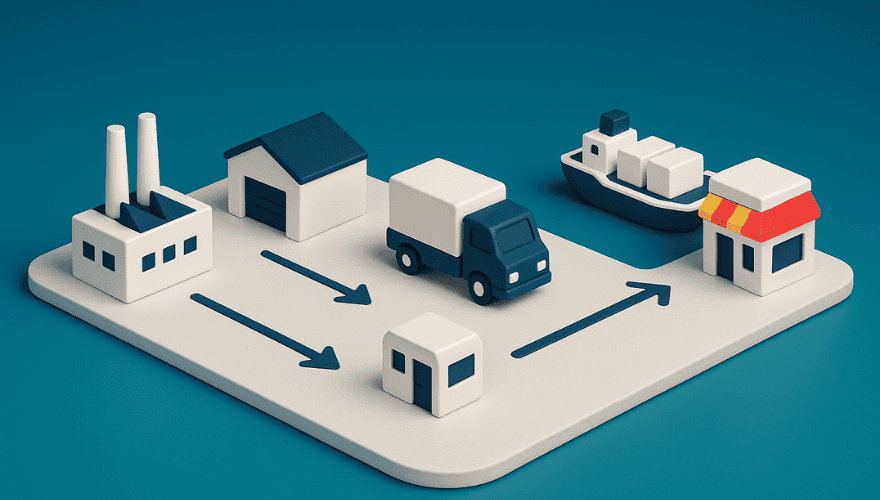Rotterdam, 28 oktober 2025 – Dutch business confidence is declining in the fourth quarter of 2025. This is evident from the Global Business Optimism Insights Q4 report by Altares Dun & Bradstreet, which examined business sentiment in 32 countries worldwide. The insights show that companies are adjusting their strategies after a year marked by policy uncertainty, rising costs, and fluctuations in supply and demand.

Geopolitical and local uncertainties
Barry de Goeij, Leader Data Science & Trade at Altares Dun & Bradstreet: “Although business confidence in the Netherlands has declined again compared to the previous quarter, we see that confidence in the financial situation and the supply chain is actually increasing. With more clarity on trade agreements and import tariffs, organizations have been able to adjust their strategies and are actively seeking local and European alternatives. This is creating more stability, although political uncertainty and vulnerabilities in the global chain remain a concern, especially for smaller companies. This combination of factors means that entrepreneurs will remain cautious for the time being.”
One in three companies sees a more optimistic outlook
Although overall business optimism in the Netherlands decreased by 4%, globally one in three companies actually saw an increase in optimism. In Europe, we see a significant rise in Germany (+15.3%), possibly driven by government investments in the economy. In the United Kingdom, one of the largest declines was recorded: companies are 9.9% less optimistic than in the previous quarter.
Clarity on import tariffs shows signs of stabilization
For the study, companies were also asked to what extent they are able to keep their supply chain stable and operational. In the Netherlands, optimism increased by 4.8%, suggesting that businesses have found new ways to deal with disruptions in the global supply chain. However, on a year-over-year basis, a 19% decline is visible, indicating ongoing vulnerabilities in the chain.
Higher financial confidence, investment willingness under pressure
Worldwide, confidence in the broader financial situation is under pressure. Due to exchange rate fluctuations and geopolitical uncertainties, a decline of 2.3% is visible. The Netherlands is an exception, showing a slight increase of 1.5%, while Germany shows the strongest growth in financial confidence (+26.1%), likely thanks to government investments.
Despite these varying developments, global investment confidence remains positive. Still, a cautious decline is visible: companies are becoming more critical and are more likely to postpone investments until there is greater certainty about the economic and political outlook.
The manufacturing industry is a striking exception here: in this sector, investment confidence has actually increased slightly again, after a sharp decline in the third quarter. Companies in the industry are increasingly focusing on three factors that determine the investment climate: the availability of qualified talent in critical roles, ESG- and sustainability-related compliance, and the readiness of cybersecurity and digital infrastructure. The growing focus on digital security in particular shows that organizations want to continue investing in protection against cyber threats, influenced by geopolitical tensions and the rapid rise of AI.
Postponement of CSRD gives breathing space for ESG efforts
The report also includes an ESG index, which reflects the level of corporate activity in the field of ESG during the third quarter of 2025. Economic uncertainties, regulatory pressure, and shifting priorities all play a role here. In Europe, only Germany (+16%), Hungary (+2.3%), and Norway (+1.3%) showed improvements. The Netherlands scores relatively high in ESG performance, but compared to the second quarter there was a slight decline of 1.1%.
According to De Goeij, this sentiment mainly reflects a moment of pause after a period of intensive preparations. “Due to the postponement of the European CSRD directive, organizations have gained a bit more breathing space to properly and thoughtfully set up their processes. Companies are not giving up, but are now taking the time to approach it wisely and structurally.”
